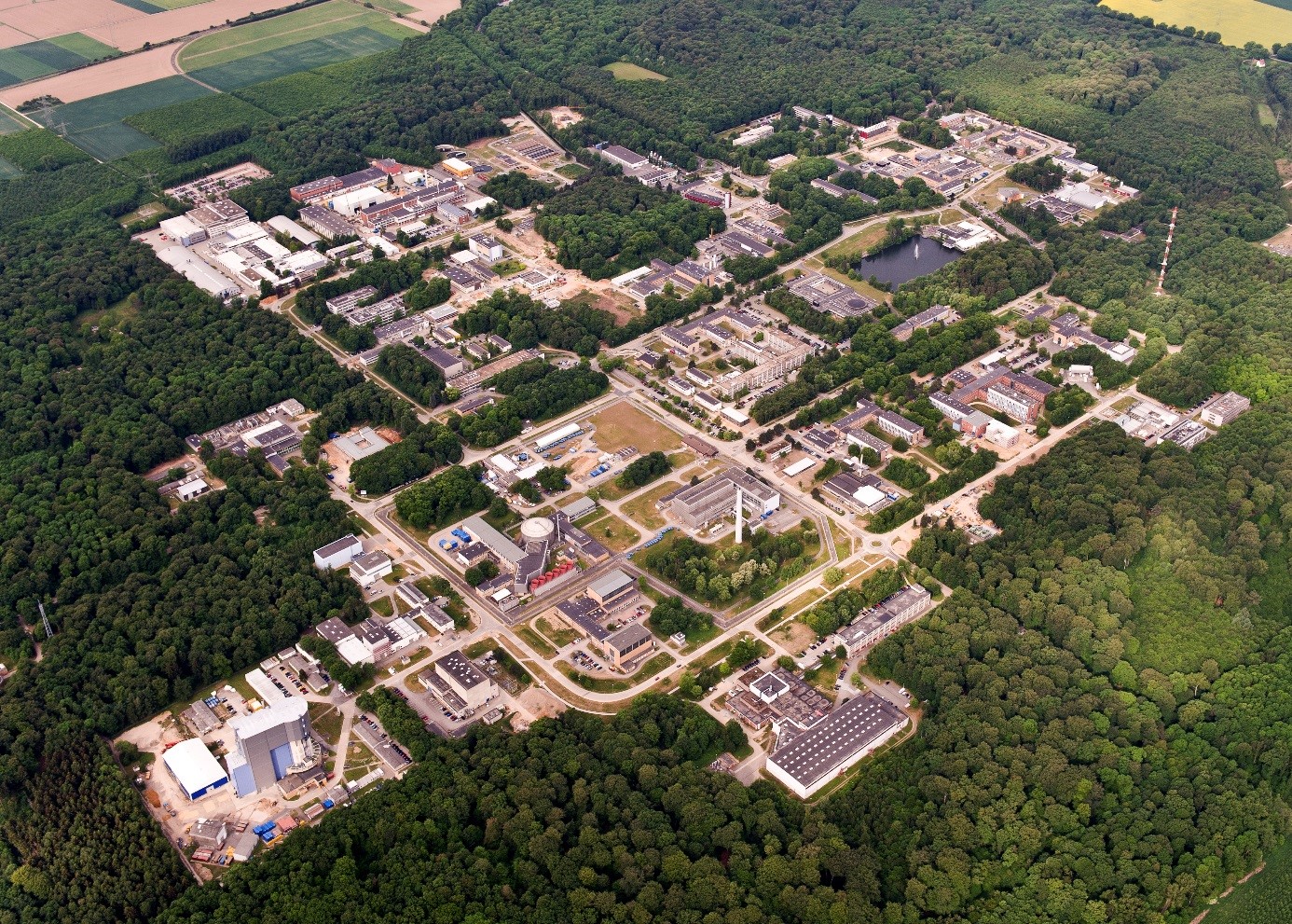FZJ
FZJ
With more than 5,500 employees, Forschungszentrum Jülich – a member of the Helmholtz Association – is one of Europe’s large research centres. Jülich conducts research to provide comprehensive solutions to the grand challenges facing society in the fields of energy and environment, information and brain research. The aim of the research centre is to lay the foundation for the key technologies of tomorrow.
Jülich believes that the key to solving global challenges is to understand materials. The research centre investigates materials in the context of systems and processes on different scales, from the atomic to the global level. In this way, Jülich embeds its research in the wider context, taking into consideration not only scientific questions, but also social, economic, and ethical issues.
Science and technology at Forschungszentrum Jülich
In cooperation with partners, Jülich develops and uses key technologies, such as neutron scattering, to open the door to new applications. In this process, research questions and technological developments are inextricably linked with each other.
Jülich has a long history in neutron research and in the development of instruments and spallation sources. The Jülich Centre for Neutron Science (JCNS) operates neutron scattering instruments at leading national and international sources and makes them available for external researchers. In addition, JCNS serves as the organisational framework for Forschungszentrum Jülich's globally recognised development programme for methods and instruments, as well as for its own research programmes focused on “correlated electron systems and nanomagnetism” and on “soft matter and biophysics”. “Neutrons for energy” is soon to become a third pillar of research.
Collaboration with ESS
Within BrightnESS, Forschungszentrum Jülich is involved in Work Package 2 “Strengthening In-Kind Contribution and Coordination“. There are two main objectives: the preparation of the tools and the training of human resources for the implementation of the project and the creation of a network among the in-kind partners. Jülich has taken over the role of coordinator in the central hub that includes Germany, Switzerland and the Czech Republic.
Jülich headed the European Spallation Source (ESS) Design Update project in Germany and provided the largest German contribution within the ESS Design Update Phase. At Forschungszentrum Jülich, work was undertaken both on the target and on the instruments along with their components within the framework of the Design Update Phase. Currently, Jülich is working on the design and construction of powerful neutron scattering instruments for the ESS.

Arial view of Forschungszentrum Jülich © AVR GmbH Jülich


 is funded by the European Union Framework Programme for Research and Innovation Horizon 2020, under grant agreement 676548.
is funded by the European Union Framework Programme for Research and Innovation Horizon 2020, under grant agreement 676548.